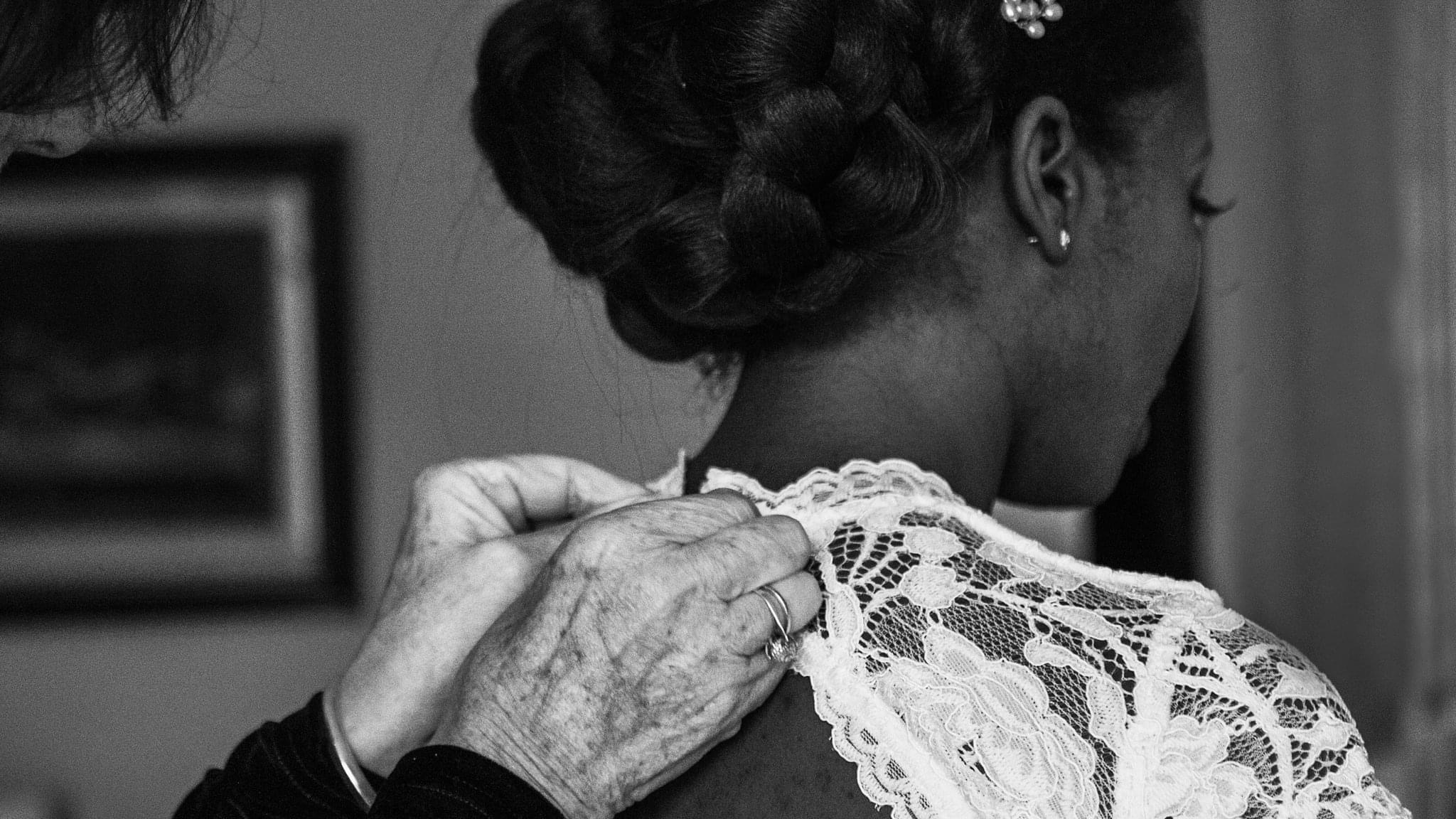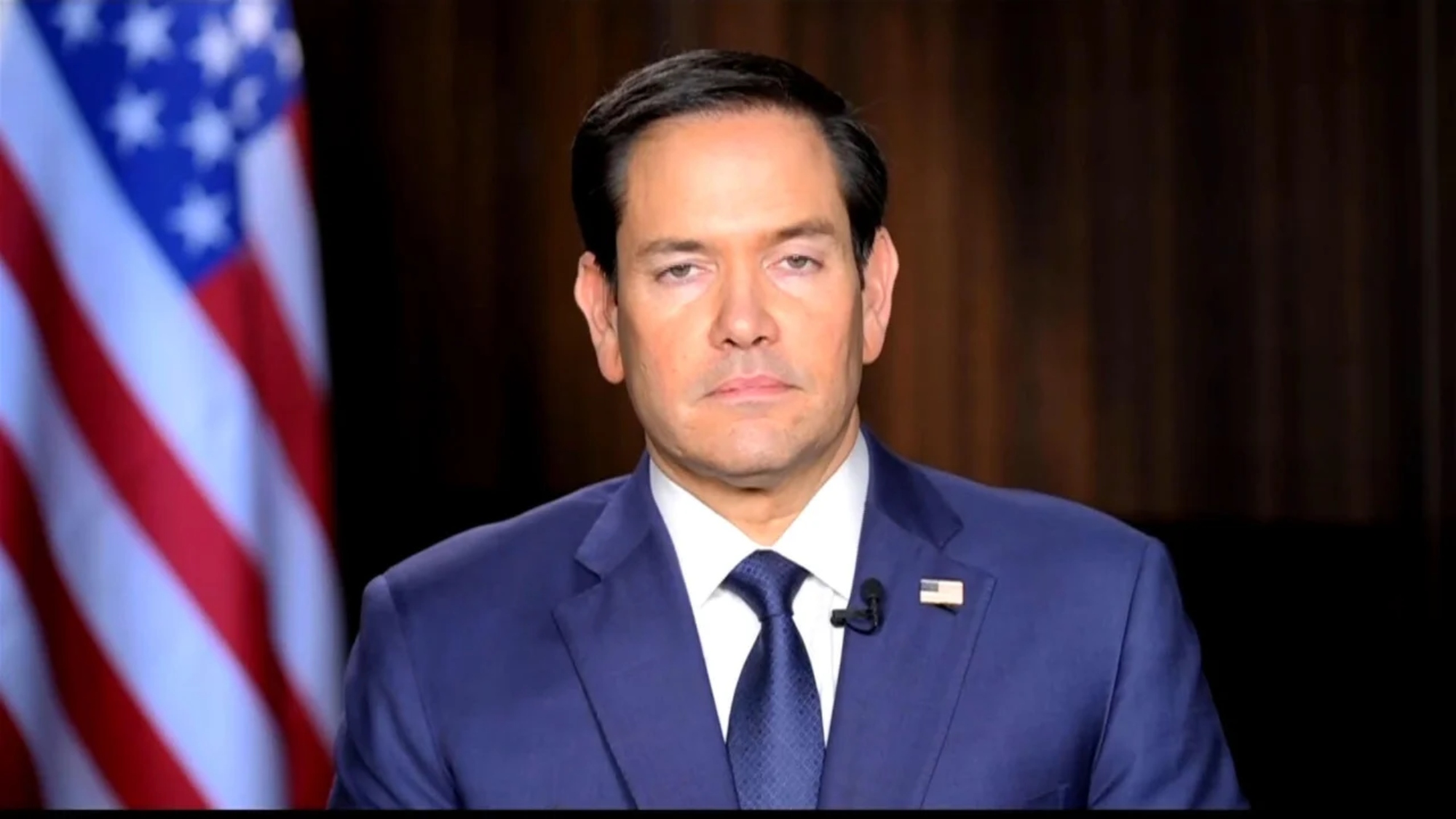Prime Minister Sir Keir Starmer has officially shifted his position on one of the most sensitive and debated issues in British politics, whether transgender women are women. According to his spokesman, the answer is now “no.”
This announcement follows a landmark UK Supreme Court ruling last week that defined “woman” in the context of the Equality Act as strictly based on biological sex. For some, it’s clarity. For others, it’s a betrayal.
It’s a sharp turn for Starmer, who in 2022, when he was Leader of the Opposition, told The Times: “A woman is a female adult, and in addition to that, trans women are women. And that is not just my view, that is actually the law.”
Fast forward to 2025, and his spokesman is quoting the Supreme Court instead: “A woman is a biological woman.” The judgment, he says, makes it crystal clear.
Unsurprisingly, this pivot has triggered a firestorm of reactions. Conservative Equalities Minister Kemi Badenoch pounced, accusing Labour of political opportunism. “The people of this country know what a woman is,” she said in Parliament, “We didn’t need the Supreme Court to tell us, but this government did.”
Labour, for its part, insists this isn’t a U-turn. Starmer, they say, has always supported protections for single-sex spaces, and his rhetoric, particularly in the past couple of years, has leaned increasingly toward biological definitions. He famously told The Sunday Times in 2023 that “99.9% of women haven’t got a penis” and echoed similar sentiments in later interviews. In 2024, he even backed MP Rosie Duffield’s controversial statement that “only women have a cervix”, a position he had once publicly rejected.
So, what changed? Technically, the law. The Supreme Court ruling adds legal backing to something that’s long been socially and politically contested. But critics argue Labour’s new line feels less like legal necessity and more like political calculation.
And while Starmer emphasizes “dignity and respect” for trans people, his spokesman dodged questions about whether the PM would use a trans woman’s preferred pronouns, brushing it off as a “hypothetical.”
Education Secretary Bridget Phillipson echoed the ruling, saying it provides “added clarity” and confirmed single-sex spaces should be based on biological sex. She also said businesses are increasingly leaning toward unisex facilities to navigate this tricky terrain.
But many in Labour's own ranks aren’t so sure this is the right direction. MPs like Emily Thornberry and Nadia Whittome highlighted the mental health toll this kind of rhetoric and legal shift can take on trans, non-binary, and intersex people. Thornberry noted a spike in calls to LGBT+ helplines following the ruling, while Whittome pointed out the deeply personal discomfort trans people may face if forced to use facilities that don’t align with their gender identity.
Liberal Democrat MP Christine Jardine was blunt: this ruling could threaten the safety and rights of a vulnerable group. And Labour’s Sarah Owen emphasized that not a single trans voice was included in the Supreme Court decision-making process, a point that hit hard with those calling for inclusive policymaking.
So where does Labour go from here? The party still formally backs trans rights in its manifesto, including plans to ban conversion practices and reform gender recognition laws. But with growing pressure from both sides, activists on the left, culture warriors on the right, Starmer’s position may continue to evolve.
Whether this is a moment of long-overdue legal clarity or a political compromise that sidelines a marginalized group depends largely on who you ask.
One thing’s certain: this debate isn’t over.










.jpg)